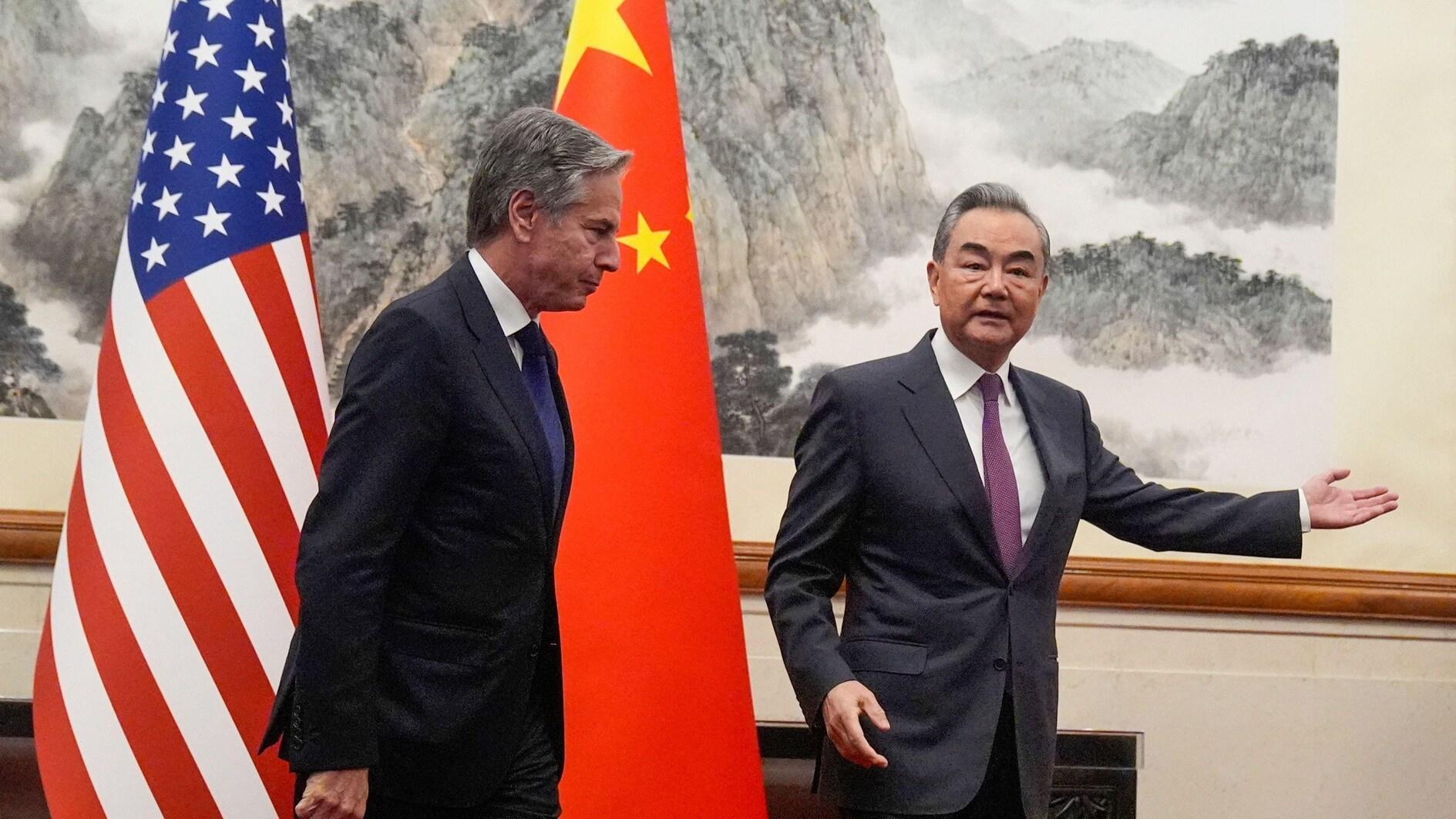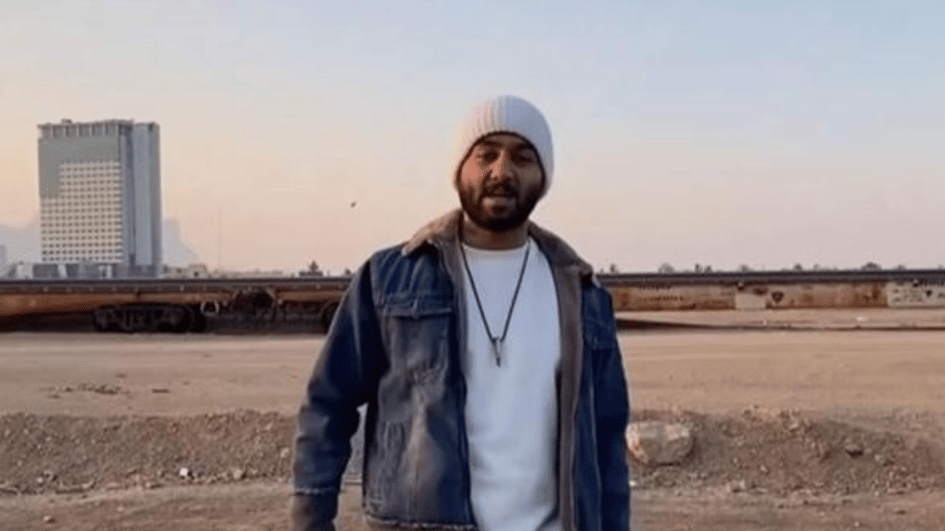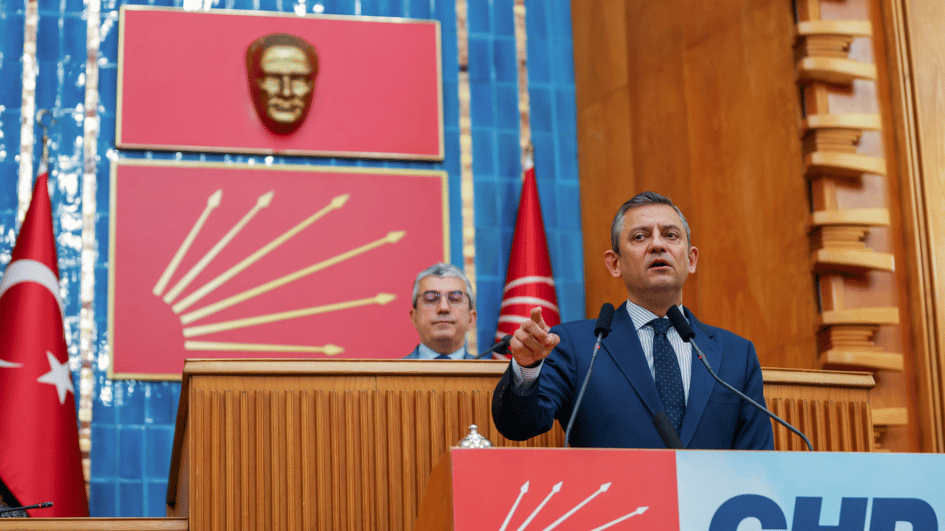Davutoğlu’s Syria disappointment
As an academic who has a lot of words to say on politics and history, it must have been difficult for Turkish Foreign Minister Ahmet Davutoğlu to stand before the whole U.N. Assembly and say he was “wrong about his expectations.” Those who know him to some extent would say this was perhaps the first time he had ever said he was wrong on a political subject.
Davutoğlu’s was a reproachful rhetoric, of course, and in it he was actually addressing (and criticizing) those members of the U.N. Security Council who remained distanced to the Turkish thesis on Syria. This is because just before that powerful remark, Davutoğlu was justifying why he proposed acute and large scale measures, including the establishment of a buffer zone on Syrian soil under a U.N. mandate, with the “encouragement” of the U.N. Security Council initiative to have that meeting inspired by humanitarian motives.
He openly expressed his disappointment that “not even all members [were] represented at the level of foreign ministers” at the U.N. Assembly. According to Davutoğlu, “their non-participation [was] an indication of their level of interest and concern in view of the developments in Syria.” Here, he was obviously addressing Russia and China, as the foreign ministers of France and Britain were present.
In fact, Laurent Fabius of France (as the term chairman) and William Hague of Britain had held a joint press conference ahead of the Security Council session, in which they said that a military presence and control over the region (such as a no-fly safety zone) was a precondition for the realization of the Turkish proposal. That was already an eroding factor, but Davutoğlu’s hidden criticism could have also been directed at U.S. Secretary of State Hillary Clinton as well.
But should it be a surprise to the Turkish Foreign Minister, since U.S. officials at every level have been announcing for months that the U.S. did not want to get involved in any military activity regarding Syria, at least until the November presidential elections have passed? Davutoğlu is 100 percent right when he says “humanity must always prevail over insanity and cruelty,” but the realities of power politics may not always support moral values.
What’s more, the perception of Turkish policy on Syria has started to be questioned within the Turkish public, largely because of the support given to the armed groups fighting in Syria. There is no across-the-board consensus on supporting armed groups, contrary to the support given to the refugees who have escaped from the civil war. In addition, the fragmented and unruly nature of the Syrian rebel groups - as the brilliant reporting of İpek Yezdani that you can read on the pages of the Daily News indicates – means that there is no black and white picture in Syria. People in suffering and Turkish people feel the pain at the bottom of their hearts, but they also do not want to get dragged into the Middle Eastern quagmire, with the bitter collective memories of the First World War still raw.
Davutoğlu’s failed expectations show that the Turkish government’s room for maneuver regarding its Syrian policy got slightly narrower with the U.N. meeting last week, and that perhaps the time is ripe to have a fine tuning of that line.











